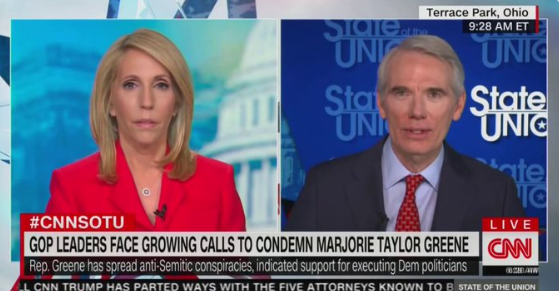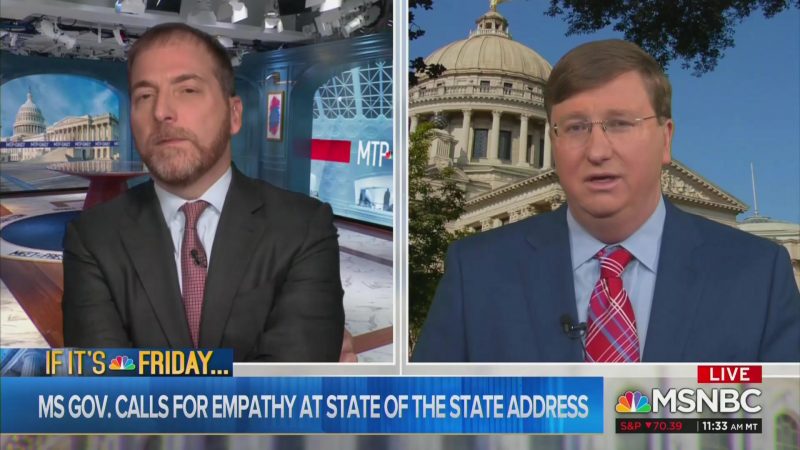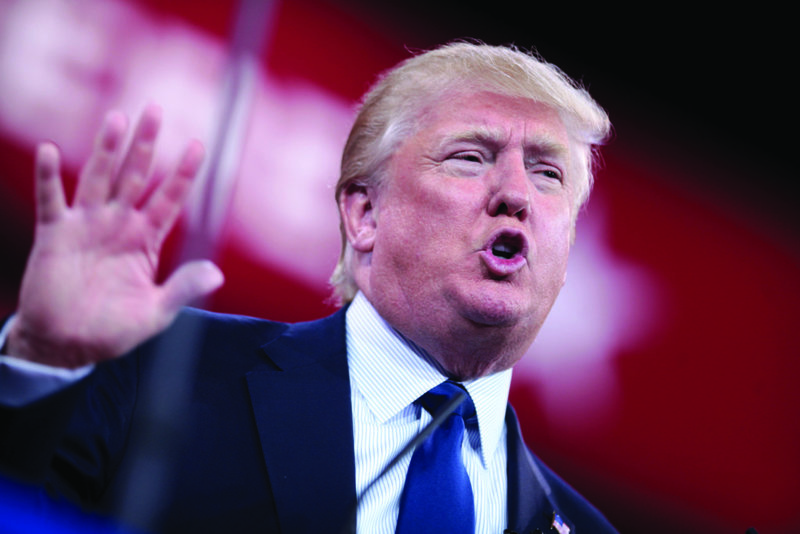Trump Baselessly Claims Google ‘Manipulated’ Votes for Hillary Clinton, Making His Victory ‘Even Bigger’

The eternal question of our age, What is President Trump talking about, got another entry on Monday with this tweet from his daily Executive Time:
Wow, Report Just Out! Google manipulated from 2.6 million to 16 million votes for Hillary Clinton in 2016 Election! This was put out by a Clinton supporter, not a Trump Supporter! Google should be sued. My victory was even bigger than thought! @JudicialWatch
— Donald J. Trump (@realDonaldTrump) August 19, 2019
Trump appears to have been watching this segment from Fox Business’ Varney & Co., in which guest host David Asman and guest Oz Sultan discussed research by a psychologist that purportedly shows how implicit bias in Google’s search algorithm hurts conservatives:
The psychologist, Robert Epstein, studies the effect of search engine rankings on shaping opinions. If Google ranks more liberal news sites first when returning information because it deems those sites more legitimate and trustworthy, Epstein theorizes that these results can subtly influence political opinions even if search users do not actually read the stories that searches show them upfront.
Epstein testified to a Senate committee last month that his research indicates Google’s search rankings could have pushed as many as 2.6 million votes to Hillary Clinton in 2016. In clips from his testimony that aired on Fox Business, he told Sen. Ted Cruz (R-TX) that up to 15 million votes could be up for grabs in 2020 if Google’s search algorithms continue operating the same way.
Naturally, Trump appears to have a) upped that number of votes by 1 million, and b) applied it to the last election, not the upcoming one. He likely did this because his belief (which lacks any basis in fact) that there must be something fraudulent about Hillary Clinton’s popular vote win has animated him from the earliest days of his administration.
There are also some red flags surrounding Epstein’s work, as noted in a profile earlier this year by the Los Angeles Times:
Using a model he has developed to gauge the subliminal effect of what he sees as tilted search results, Epstein projected 35,455 voters who were on the fence were persuaded to vote for a Democrat entirely because of the sources Google fed them. […]
Srinivasan questions how many undecided voters use Google to help decide how to cast ballots.
Safiya Noble, a UCLA professor and author of “Algorithms of Oppression: How Search Engines Reinforce Racism,” is troubled by what she sees as an argument that search engines ought to counter-balance the content of large, well-resourced and highly trained newsrooms with “disinformation sites” and “propaganda outlets.”
In other words, Epstein is arguing that ranking The New York Times higher than, say, InfoWars, is subtly causing bias in favor of liberals. But is InfoWars deserving of higher Google placement because it is widely read, even if its content is objectively false? Epstein seems to think so:
Epstein says the large readership that sites such as Breitbart receive should earn them more prominent Google exposure. “It is astonishing that Breitbart and some similar websites are not more present, given the enormous traffic some of these websites get, Breitbart especially,” he said. “What you are seeing here might be indicative of a kind of blacklisting.”
Now this argument is, not for the first time, reaching the office of the most powerful person in the world, even while it is far from proven.
Watch the video above, via Fox News.






